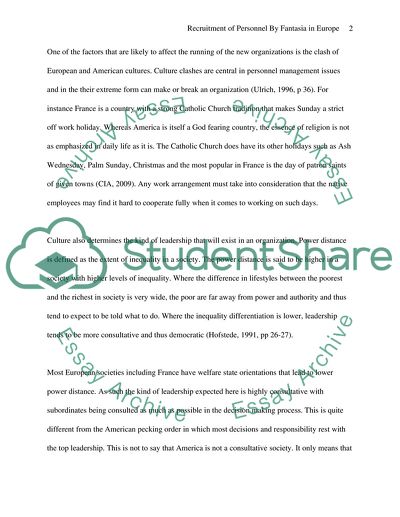Cite this document
(Recruitment of Personnel by Fantasia in Europe Case Study, n.d.)
Recruitment of Personnel by Fantasia in Europe Case Study. Retrieved from https://studentshare.org/human-resources/1730725-european-and-hr-issues-business-assignment
Recruitment of Personnel by Fantasia in Europe Case Study. Retrieved from https://studentshare.org/human-resources/1730725-european-and-hr-issues-business-assignment
(Recruitment of Personnel by Fantasia in Europe Case Study)
Recruitment of Personnel by Fantasia in Europe Case Study. https://studentshare.org/human-resources/1730725-european-and-hr-issues-business-assignment.
Recruitment of Personnel by Fantasia in Europe Case Study. https://studentshare.org/human-resources/1730725-european-and-hr-issues-business-assignment.
“Recruitment of Personnel by Fantasia in Europe Case Study”, n.d. https://studentshare.org/human-resources/1730725-european-and-hr-issues-business-assignment.


